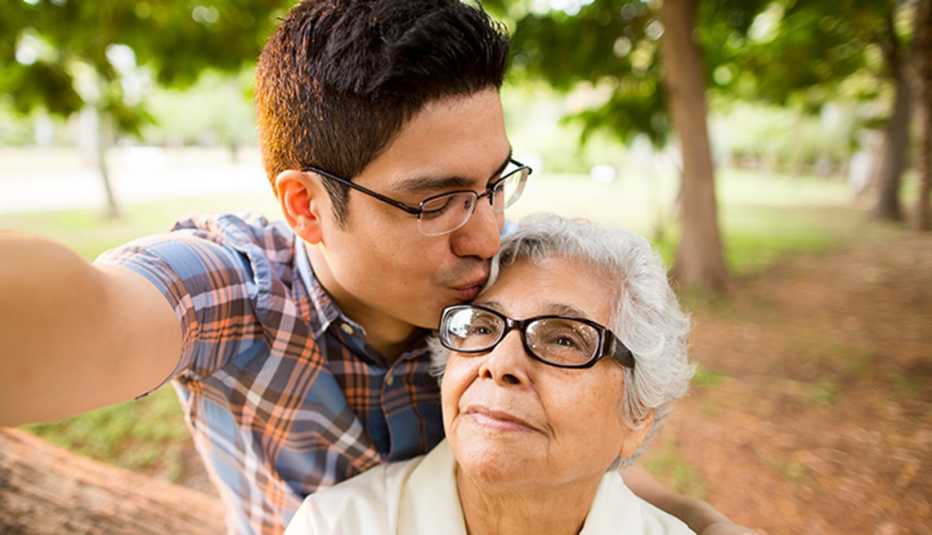AARP Hearing Center
A surprisingly high percentage of unpaid family caregivers in the United States are millennials, and they face special emotional and professional concerns because of dueling commitments, says a new report by the AARP Public Policy Institute.
Millennial caregivers are among the estimated 40 million Americans who sacrifice large amounts of time to help struggling family members handle medical issues and basic needs of daily living.
The AARP study says that even though 73 percent of millennial caregivers are employed, more than any other generation of caregivers, they also spend on average 21 hours a week caring for loved ones — the equivalent of a part-time job. About one-fifth of millennial caregivers devote 40 hours a week or more to such service, which amounts to a full-time job.
These younger caregivers are taking on this responsibility at a time when many of them are building their own careers and starting or thinking about starting their own families.
The report, which is the first to focus comprehensively on millennials as caregivers, defines millennials as people born between 1980 and 1996. It is based on a 2015 caregiving study that used data collected in 2014, when the millennial caregivers ranged in age between 18 and 34.
These millennial caregivers generally have little support at work, where bosses typically are more sympathetic and understanding of child care issues than the difficulties of caring for older adults with chronic needs. The AARP researchers found that millennial caregivers are much less likely than their older counterparts to discuss their caregiving challenges with supervisors or colleagues at work. For example, the study found that only 46 percent of millennial caregivers tell a supervisor about this commitment, compared with 60 percent of older family caregivers.



































































